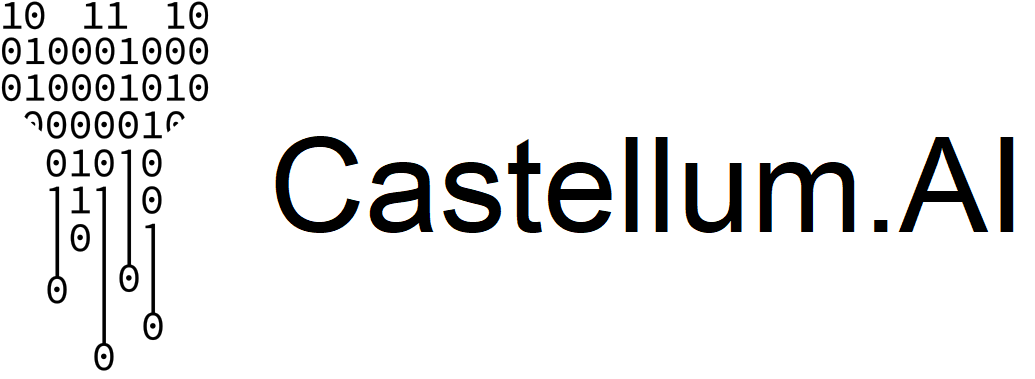KYC Screening for Financial Services
The financial services industry is subject to the most stringent KYC requirements for risk screening, and generally has high transaction volumes. The combination of not having any margin for error, but plenty of opportunities for error means that solving for compliance screening in financial services is more difficult than anywhere else.
Despite the massive investment institutions make into screening solutions, new penalties are imposed on a regular basis, for reasons that include inaccurate screening data, slow data updates and unreliable screening systems. The fines issued by the US Department of Treasury’s OFAC alone totaled over $38 million in 2022 and targeted domestic and international financial service companies from banks to payment providers. With the massive expansion in sanctions against Russia over the last year and increased scrutiny of global financial flows, having an accurate, fast and reliable solution is paramount for financial service firms large and small.
Compliance Screening Pain Points
As former compliance operators and regulators, we’ve experienced the pain of ineffective screening first hand. Here are some of the most common pain points we see:
Poor data quality: Watchlist data provided by vendors is often unstructured and un-enriched, with key terms such as IDs not extracted from text blobs, increasing the risk of inaccurate screening results. Conversely, financial institutions have structured customer profiles with names, addresses, ID numbers, dates of birth, and other pertinent identifying information. The structured data that financial institutions input for screening should be compared with equally structured and enriched watchlist data.
Slow updates: Regulators expect near-instantaneous updates based on any changes to sanctions lists. In a notable example, OFAC issued a Finding of Violation against MidFirst Bank in July 2022 for processing 34 transactions on behalf of sanctioned individuals, over $900,000 worth of transactions were processed within hours of those individuals being added to the US OFAC SDN sanctions list. Why? MidFirst Bank’s watchlist screening vendor did not update its data in a timely manner.
Black Box Solutions: Most compliance vendors are not transparent about their solutions. This includes not posting publicly accessible information about watchlist coverage or feature specifications, or free access to the product itself for evaluation and testing. Invariably, clients waste time and effort going back and forth with representatives to get even basic questions answered.
Opaque Pricing: Without publicly posted pricing, sales-led vendors create custom pricing that can shift wildly from customer to customer. The result? Convoluted pricing, rounds of negotiations, and terms that are only comparable to similarly opaque quotes offered by similar vendors.
Castellum.AI Improves Screening Reliability, Speed and Accuracy
Accurate Screening: Our users in financial services report an average 98% straight pass through rate for KYC onboarding and transaction screening. In one notable case, our largest client reduced their false positive rate by over 80% relative to their previous provider. How? We built our Jgram matching algorithm with the goal of solving compliance users biggest problems. Instead of orienting our screening around providing results “close to” a given search term, we started with the end result users wanted to see and worked back. The result is the most accurate and safe screening solution.
Enriched Data: Castellum.AI’s patented data process includes automatic standardization, enrichment, and organization of all watchlist data. We extract key information across 100s of different languages and data structures issued by authorities. The result is apples to apples data screening: ID information, aliases, location, dates of birth and other critical information is searchable against the KYC information already maintained by financial institutions.
Speed: Castellum.AI updates its watchlist database every 5 minutes. Sanctions data is usually available to users before authorities issue a press release.
Product Transparency: We prioritize transparency for compliance buyers assessing our capabilities, for end users working with our solutions on a daily basis and for the developers integrating our solutions. This includes a free screening platform (sign up) to test our capabilities and data, a publicly available Knowledge Base, and posted API documentation and free sandbox testing.
Start complying today
How to Integrate with Castellum.AI
It takes approximately one engineer one week to integrate Castellum.AI’s watchlist screening API into an existing system. This is a straightforward process for financial service firms as standard KYC processes include collecting identifying information from clients such as names, addresses, personal ID numbers or business registration numbers that can be queried through Castellum.AI’s API system with any potential matches returned.
With free testing and transparent documentation, prospective users can easily estimate resource and cost savings using Castellum.AI’s screening solution before proceeding with a paid integration. Below is a sample integration process for companies in the financial services sector.
About Castellum.AI
Castellum.AI obtains global sanctions information from primary sources using a patented process to extract, standardize, clean and enrich the data, extracting key information like IDs and addresses from unstructured data. Castellum.AI enriches as many as fifteen separate items per entry. Castellum.AI’s database consists of over 1,000 watchlists covering over 200 countries and eight different categories (sanctions, export control, law enforcement most wanted, contract debarment, politically exposed persons, regulatory enforcement, delisted, and elevated risk). Castellum.AI checks for watchlist updates every five minutes directly from issuing authorities.


